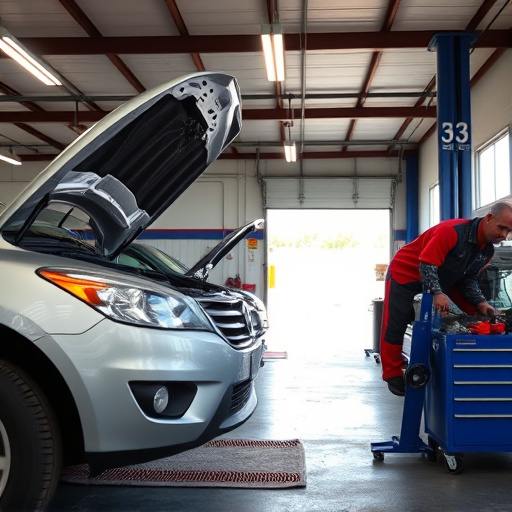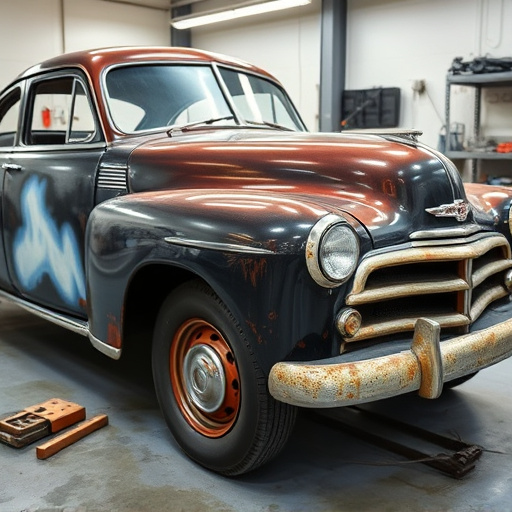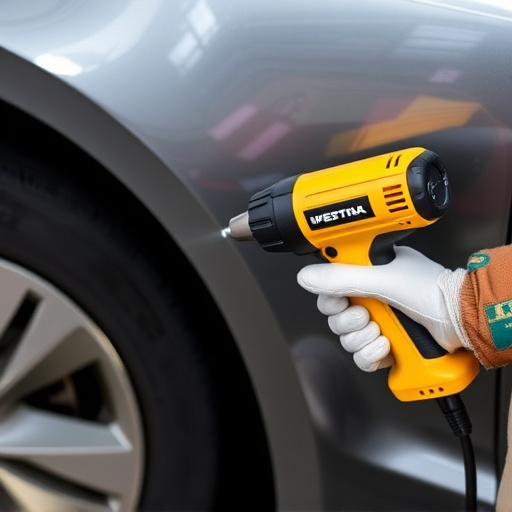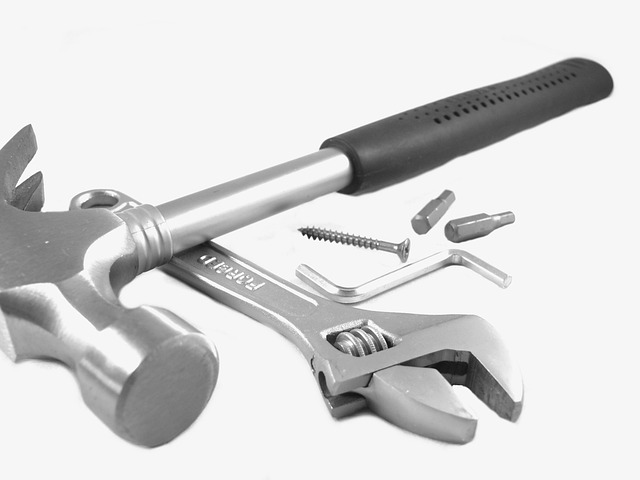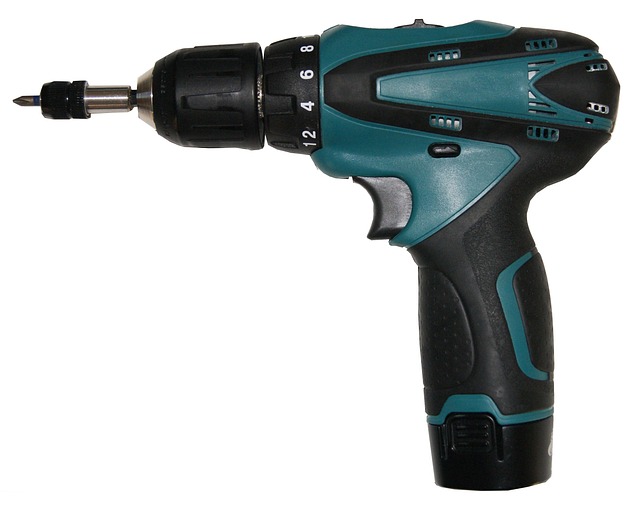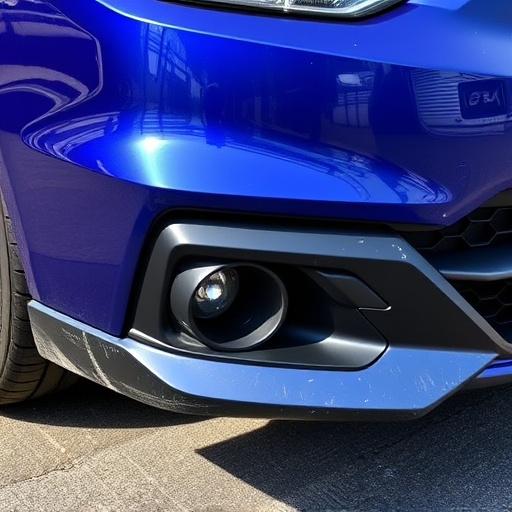Mercedes Active Brake Calibration is a meticulous process involving an intricate network of sensors and modules within the vehicle's braking system, ensuring optimal performance, safety, and reliability. Real-time data from sensors is processed by specialized modules using advanced algorithms to determine precise brake engagement. Rigorous testing verifies sensitivity, accuracy, and responsiveness, enhancing overall brake performance and preventing safety issues. This process, crucial for regular vehicle maintenance, includes frame straightening to guarantee structural integrity post-incidents like collisions or dents. Strictest quality control measures and advanced diagnostic tools ensure minimal errors, enhancing driver safety and vehicle reliability, making Mercedes top road choices.
Mercedes Active Brake Calibration is a critical system for ensuring safety and optimal performance. This advanced technology relies on precise sensor and module testing to function effectively. The process involves meticulous calibration to respond accurately to various driving conditions. By evaluating sensors and control modules, mechanics can guarantee the system’s reliability, preventing accidents and enhancing overall vehicle dynamics. Understanding these testing procedures is key to maintaining top-tier safety standards in Mercedes vehicles.
- Understanding Mercedes Active Brake Calibration: The Role of Sensors and Modules
- Testing Procedures for Accurate Calibration
- Ensuring Safety and Performance through Rigorous Quality Control Measures
Understanding Mercedes Active Brake Calibration: The Role of Sensors and Modules

Mercedes Active Brake Calibration is a complex process that relies heavily on the intricate network of sensors and modules within the vehicle’s braking system. These components work in harmony to ensure optimal performance, safety, and reliability when it comes to stopping the car. Sensors, strategically placed throughout the brake assembly, constantly monitor various parameters such as speed, distance, and pressure. This real-time data is then processed by specialized modules that use advanced algorithms to determine the precise moment and force required to engage the brakes.
Proper calibration ensures that these sensors and modules function at peak efficiency. It involves rigorous testing to verify their sensitivity, accuracy, and responsiveness. By subjecting them to simulated braking conditions, technicians can identify any anomalies or inaccuracies, allowing for adjustments to be made. This meticulous process not only enhances the overall performance of the brakes but also plays a crucial role in preventing potential issues that could impact vehicle safety, making it an essential part of regular vehicle maintenance and repair services, alongside other critical components like car paint services and frame straightening.
Testing Procedures for Accurate Calibration
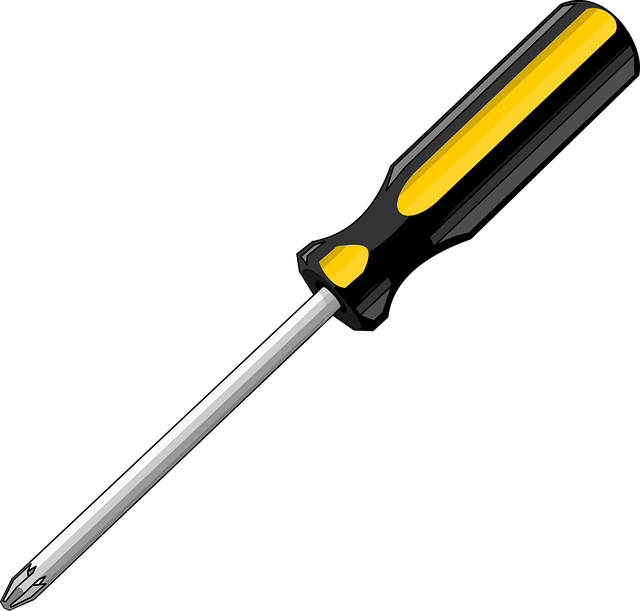
The process of Mercedes active brake calibration demands meticulous testing procedures to ensure accurate and reliable results. This involves a comprehensive evaluation of various sensors and modules that play a pivotal role in the vehicle’s braking system. Each component is meticulously examined for any discrepancies or malfunctions, as even minor issues can impact overall performance. Advanced diagnostic tools are employed to check sensor readings, module responses, and communication protocols, simulating real-world driving scenarios without endangering anyone.
To guarantee precise calibration, specialized equipment is utilized for frame straightening, ensuring the vehicle’s structural integrity. This meticulous approach is crucial in maintaining optimal brake performance, especially after incidents such as auto collision centers or vehicle dent repair processes where structural damage might occur. By subjecting the system to rigorous testing, mechanics can identify and rectify any abnormalities, enhancing safety standards on the road.
Ensuring Safety and Performance through Rigorous Quality Control Measures

In the realm of Mercedes active brake calibration, ensuring safety and performance is paramount. Rigorous quality control measures are implemented to calibrate sensors and modules with precision, minimizing errors that could lead to hazardous automotive collision repair scenarios. Every component, from sensor to module, undergoes thorough testing to guarantee optimal functionality.
This meticulous process involves advanced diagnostic tools and skilled technicians who specialize in auto repair shop procedures. By upholding these strict standards, Mercedes maintains its reputation for exceptional car paint services and overall vehicle reliability. Such proactive measures not only enhance the safety of drivers but also contribute to the longevity of vehicles, making them top choices on the road.
Mercedes Active Brake Calibration is a sophisticated process that ensures the safety and performance of the vehicle’s braking system. By meticulously testing sensors and modules, engineers can achieve precise calibration, enhancing driving experience and preventing accidents. Rigorous quality control measures are essential to guarantee that each component functions optimally, making Mercedes-Benz vehicles renowned for their reliable and responsive braking capabilities.



